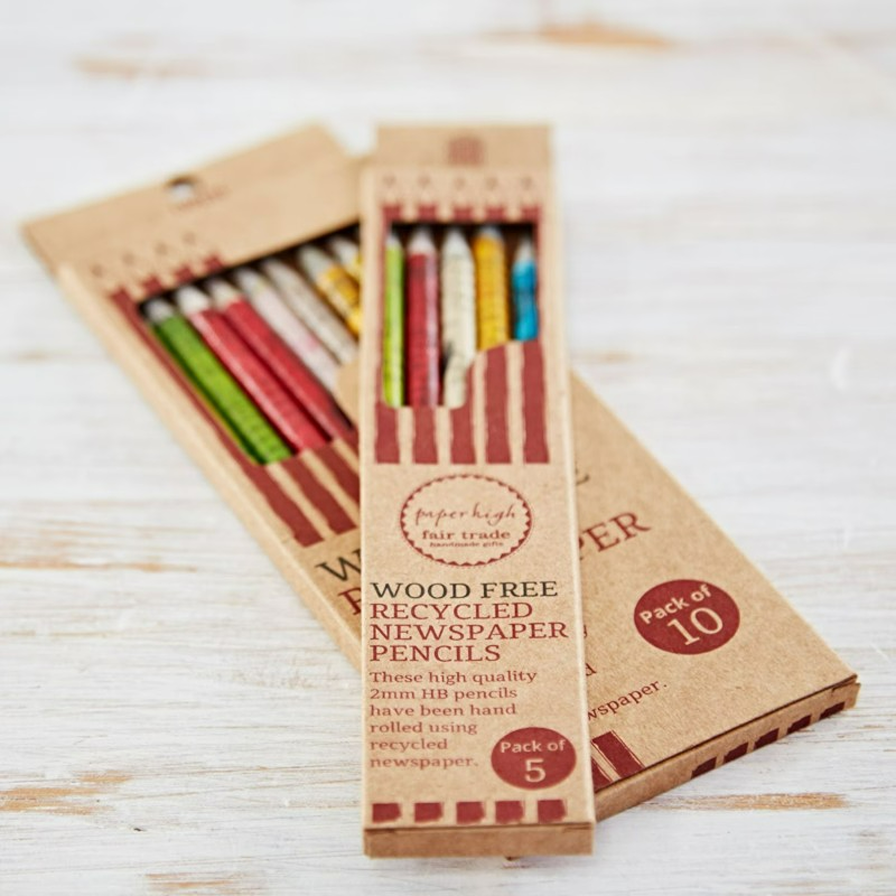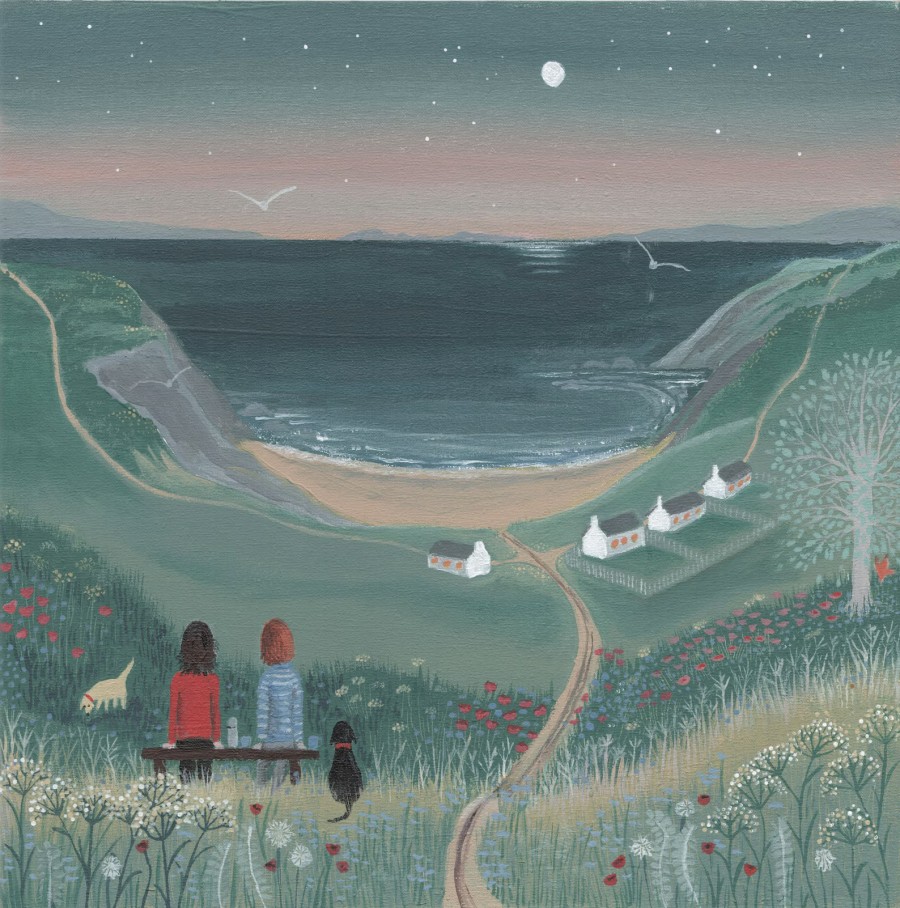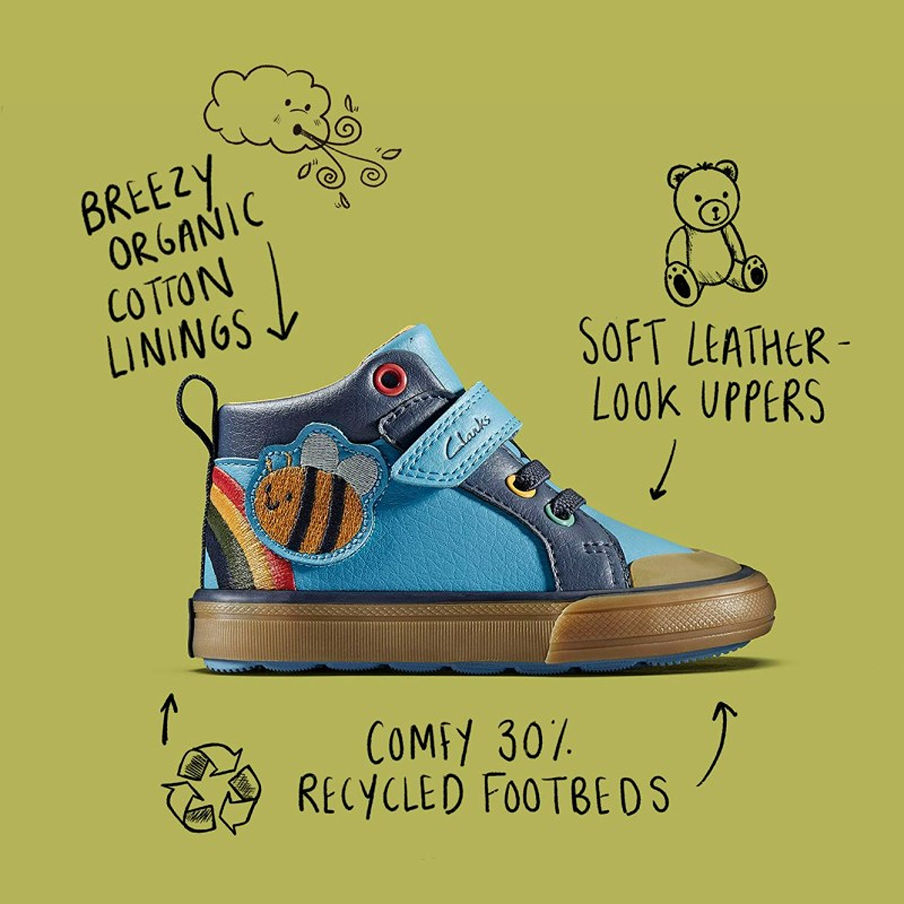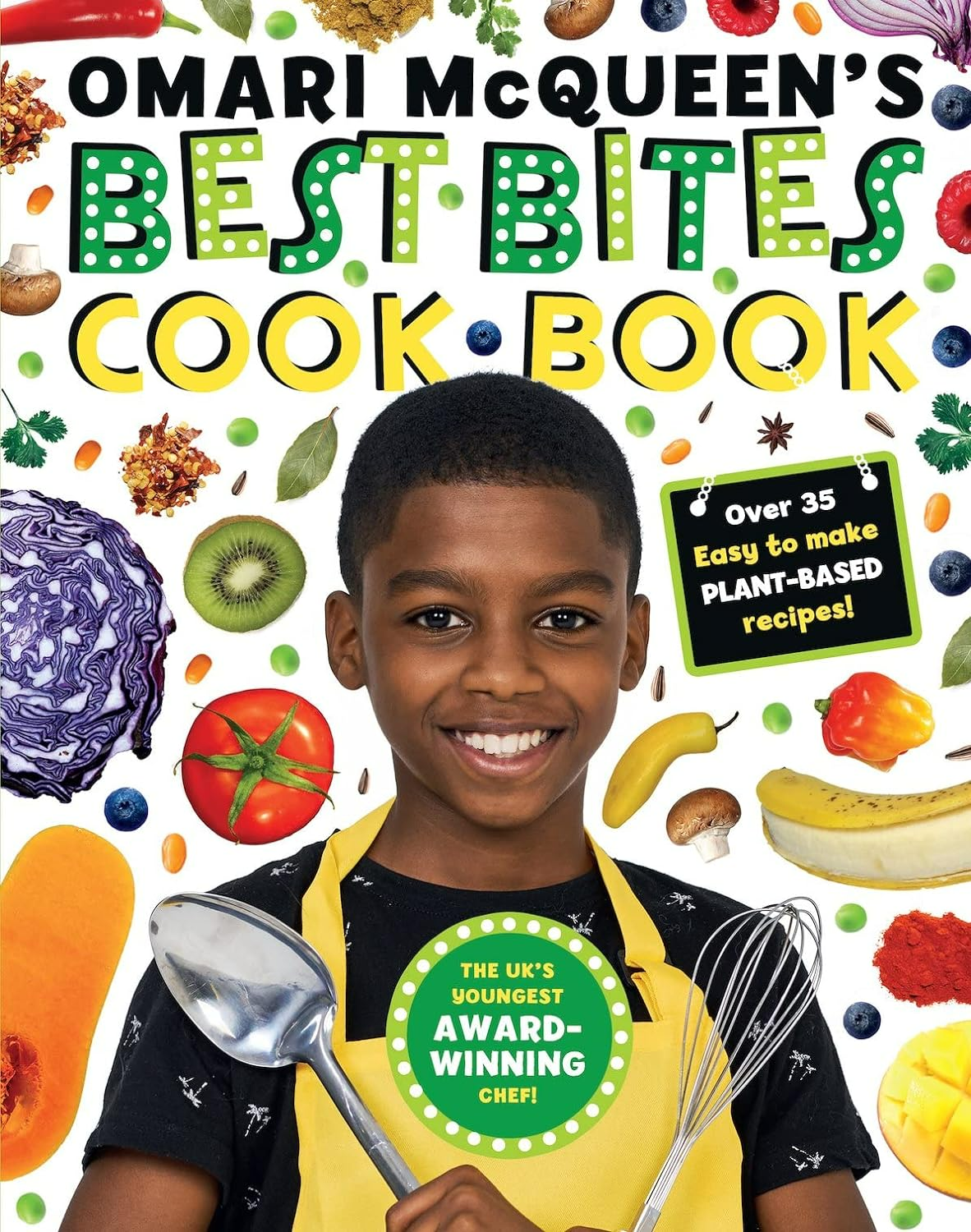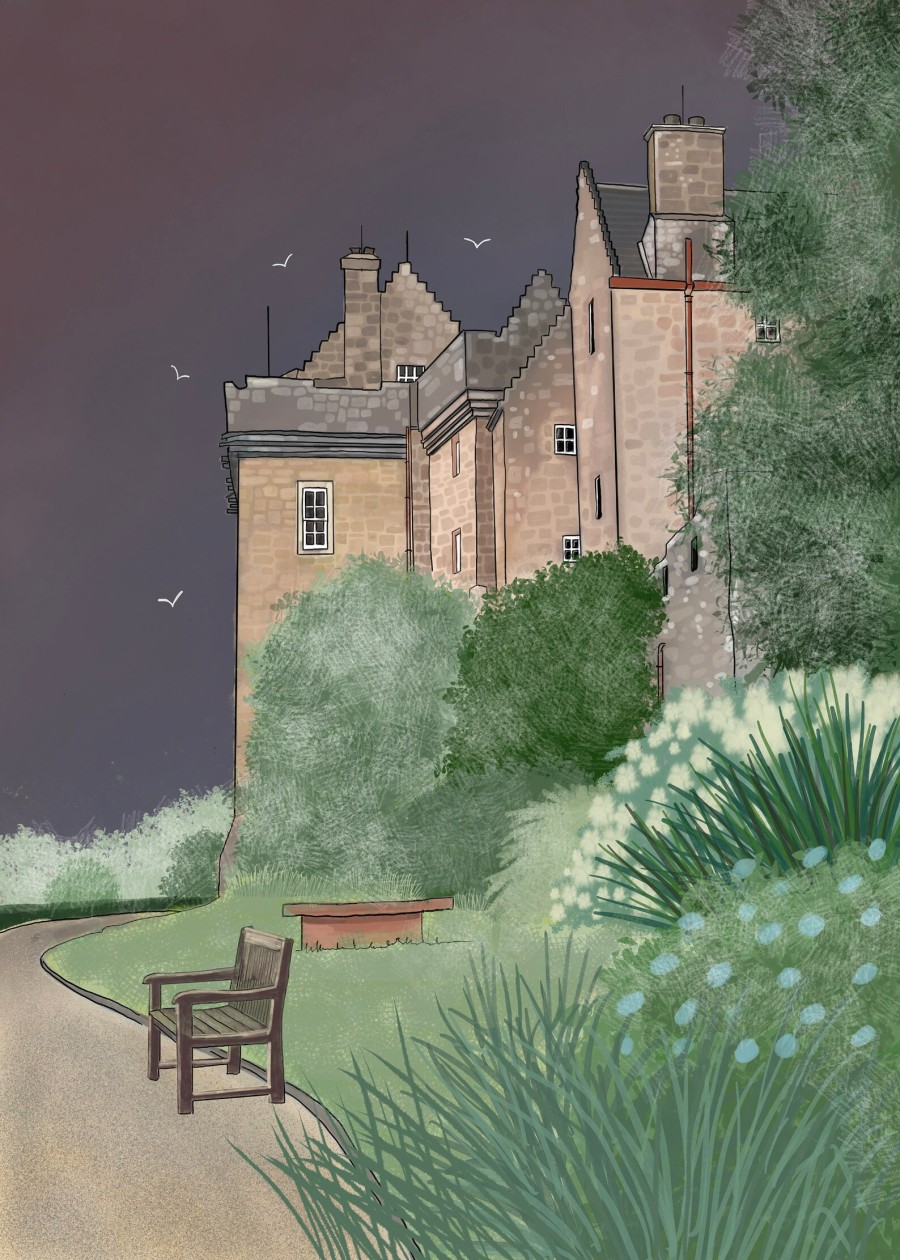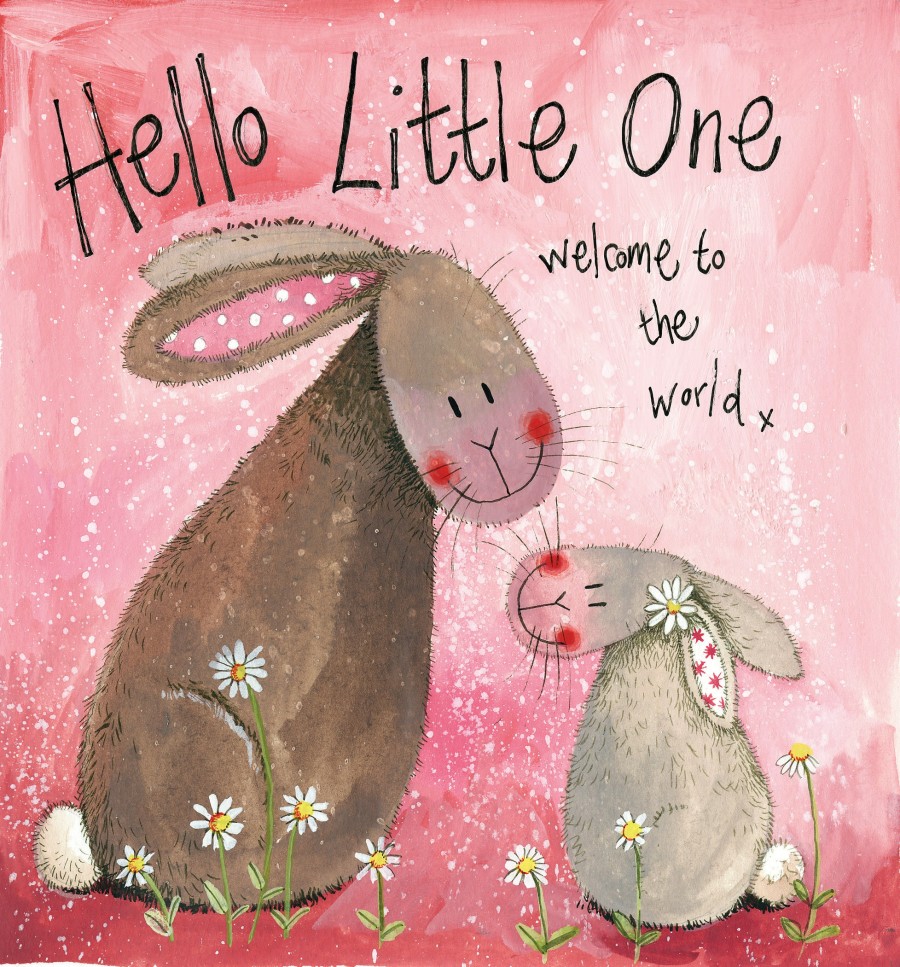
It’s very fashionable these days for new parents to hire doulas and hypnobirthers and give birth in water etc. But is it safe, and where can you find trustworthy information? Of course like any ‘industry’, childbirth is full of people selling you items that you’ll need (when millions of women have given birth, without needing any of them). But sometimes you may need a little helping hand. If so, who do you go to? And what’s the difference between natural childbirth and ‘normal childbirth?’ Also read why breastfeeding is (nearly) always best.
The NHS site has a good overview of different types of childbirth. Obviously some women can give birth easily and others have complications, which is often when Caesariean sections come into play. Births without complications need very little in-patient time and sometimes forceps are needed. A qualified midwife can decide with you the best solutions and can offer preparation classes along with advice on where to give birth, risk of complications, companions to attend the birth and the best ways to give birth at home, in hospital or as a water birth. Caesarean section births do have slight risks (and sometimes it takes a little longer for milk to produce, if breastfeeding). So should really only be done as a last resort, and not as a ‘lifestyle choice’.
Water births are usually done to ease pain and support your weight, and gravity in some cases can help the baby move down towards the birth canal. However it’s only recommended for low-risk pregnancies and approved by midwives and obstretic doctors as safe for you and your baby. It’s statistically as safe as birth ‘on land’ but know that in very rare cases there have been cases of drowning, waterborne infections, breathing problems and rupture of the umbilical cord.
National Childbirth Trust has useful information to learn more about labour and birth, pain relief options. To reduce the risk of stillbirth and miscarriage, expert advice includes:
- Obviously eat well and avoid smoking or alcohol. Also limit caffeine (no more than 1 cup of coffee or 2 cups of mild tea per day – ideally none). Know that ‘coffee shop’ drinks are higher in caffeine, so reduce accordingly. Attend all ante-natal appointments.
- Protect against infection like flu (wear a mask and ensure food is well-cooked), avoid unpasteurised juice, cheese, miso etc.
- Keep track of your baby’s movements, which should increase up to around 32 weeks, and then stay static until the due date. If something is not normal, contact your GP immediately.
- Try not to sleep on your back, as this can compress your inferior vena cava (large vein) which reduces blood flow to your baby. The Lullaby Trust has info on the safest ways for babies to sleep, to reduce risk of crib death (they do not recommend cot bumpers which are still legally sold).
- Preemie Care is a guide by experts on navigating the first year, if you have given birth to a premature baby.
a pregnancy multinutrient in sustainable packaging
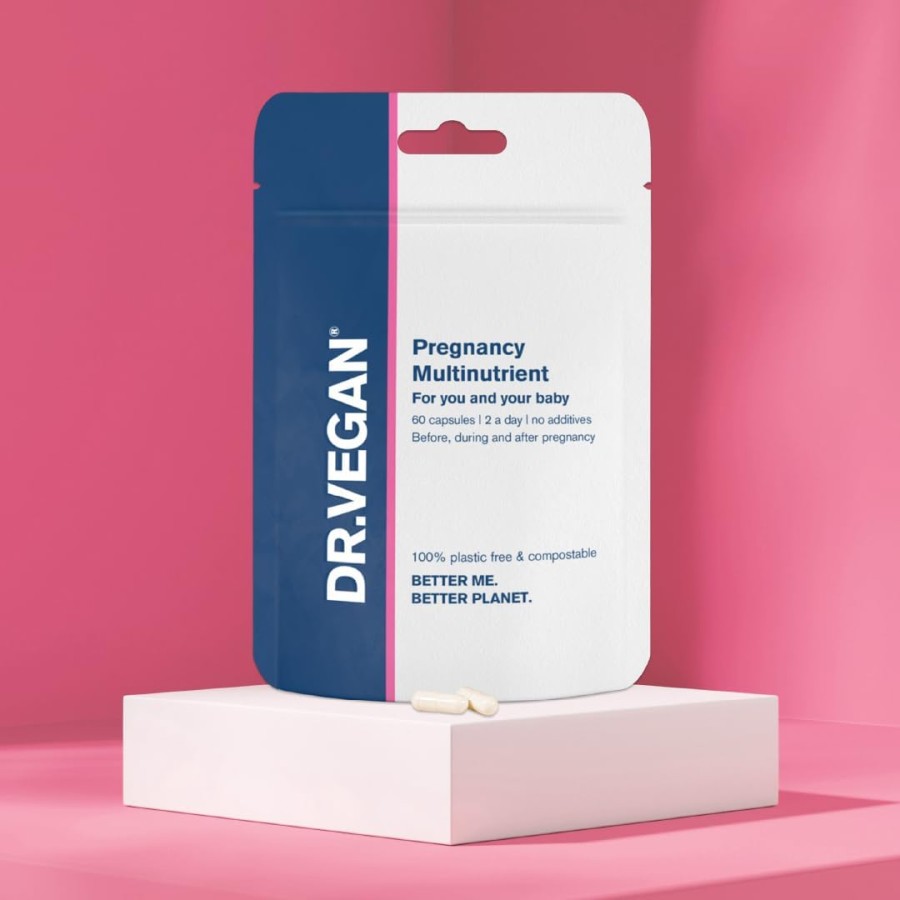
Dr Vegan Pregnancy Multinutrient is sold with a metal tin for the first order, then just buy refills in sustainable pouches. The supplement is formulated with 27 vitamins and minerals for a healthy pregnancy, formulated by expert nutritionists, to support you and your baby through all trimesters and breastfeeding.
Before taking supplements, check with GP if pregnant/nursing or you have medical conditions or are taking medication. Keep supplements away from young children & pets.
The supplement includes the recommended 400mg of folate (folic acid) to help prevent spina bifida and vitamin B6 for hormonal health. It also includes nutrients to help your baby, along with ones to help prevent fatigue and nausea for mothers.
Ingredients include choline (to help develop a baby’s brain), plant-based vitamin D3 (from algae) and magnesium (the ‘superhero of minerals). Just take 2 capsules per day as instructed. You can also take this supplement, if you are trying to conceive.
The Positive Birth Company offers apps and courses to help a more easier birth, founded by a woman who trained in hypnobirthing after her own experience, following a difficult birth with her first child (which involved lengthy induction and forceps delivery). Accredited by the Royal College of Midwives, she now offers a range of online courses including for pregnancy, hypnobirthing and post-partum.
where to find help if you’ve lost a baby
The charities SANDS and CRUSE offer free bereavement services (use the Baby Mailing Preference service to remove junk mail related to baby items, to avoid further upset). The charity Dresses for Angels creates beautiful ‘Angel burial gowns’ from people donating wedding and bridesmaid dresses, so contact them if you have a lost a baby.

